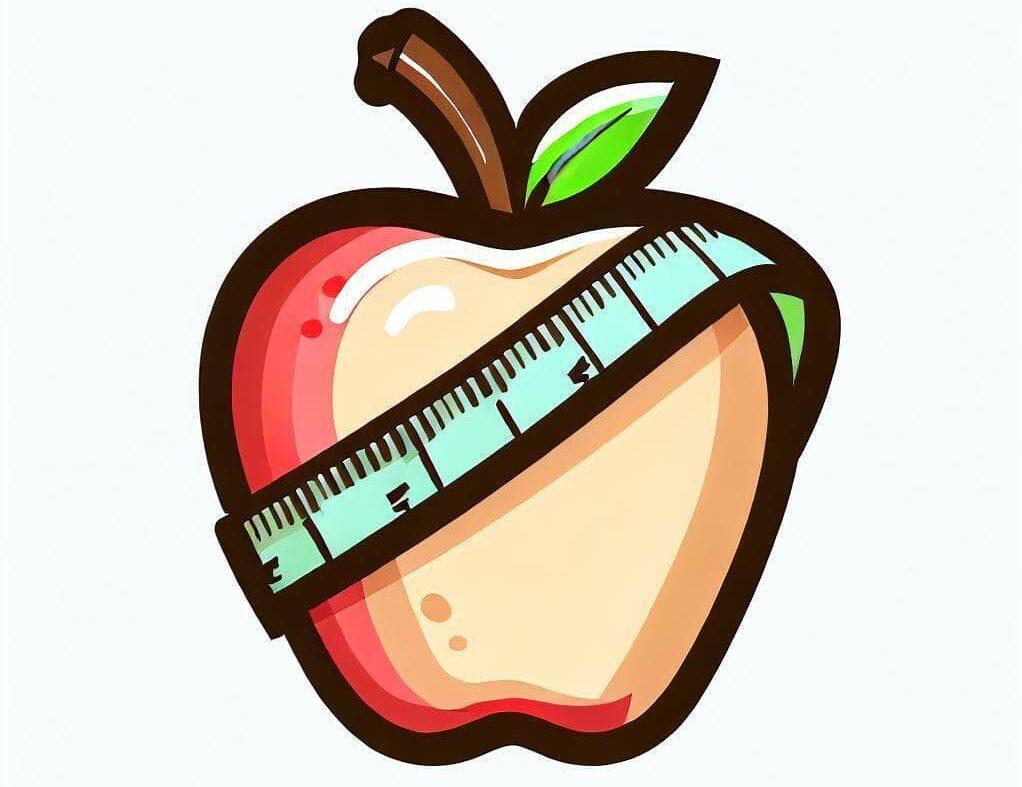Best Time to Drink Matcha Tea for Weight loss
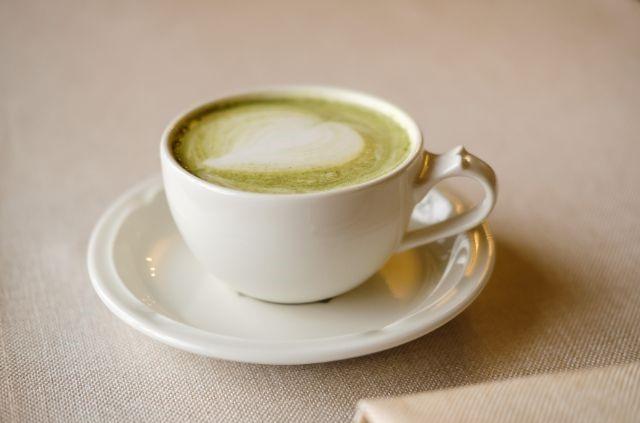
Are you wondering when to drink matcha tea for weight loss? I understand that your goal is to lose weight and you want to know if timing your matcha tea can maximize your weight loss efforts.
As a nutritionist, I have come across many clients who love drinking matcha tea and also some who don’t like it so much.
The question about timing may seem insignificant but it is an important one that could impact your digestion, energy levels, and eventually your metabolism.
Well, fear not, In this article I’ll cover everything about timing your matcha tea and some tips that you can combine to along with it to reach your weight loss goals. Let’s dive right into the question for which you came here.
What is the best time to drink matcha tea for weight loss?
There is no definitive answer to the best time to drink matcha tea for weight loss. However, based on the available evidence, some possible suggestions are:
Drink Matcha Tea Before Exercise
Matcha contains a unique blend of both caffeine and L-theanine, an amino acid. Caffeine is known to enhance physical performance by mobilizing fatty acids from the fat tissues, making them available for energy.
This means that during exercise, the body can use these fatty acids as an energy source, potentially aiding in fat loss. L-theanine, on the other hand, promotes relaxation without drowsiness.
This combination can lead to improved focus and endurance during workouts without the jittery feeling that can sometimes come from other caffeine sources.
Potential Impact on Weight Loss
Consuming matcha before exercise can increase the rate of fat burning during the workout.
With increased energy and focus, one might also be able to exercise longer or more intensely, leading to a higher caloric burn.
Drink Matcha Tea in the Morning
Drinking matcha tea in the morning can potentially speed up your metabolism, thanks to its rich content of catechins.
Catechins are a type of antioxidant that can boost the rate at which the body burns calories.
Additionally, the caffeine content in matcha can increase alertness and concentration, helping you start the day with more energy.
Moreover, having matcha on an empty stomach can enhance the absorption of its nutrients.
Potential Impact on Weight Loss
A boosted metabolism in the morning means the body can potentially burn more calories throughout the day.
Starting the day with increased energy can also lead to more physical activity, whether it’s a morning workout or just being more active throughout the day.
Drink Matcha Tea Between Meals
Drinking matcha tea between meals can serve multiple purposes.
Firstly, it can act as a low-calorie beverage that keeps you hydrated and can stave off hunger, potentially reducing the chances of overeating or reaching for unhealthy snacks.
The catechins in matcha can also help regulate blood sugar levels, reducing the risk of insulin spikes that can lead to fat storage.
Potential Impact on Weight Loss
By acting as a hunger suppressant, matcha can help control calorie intake.
Regulating blood sugar levels can prevent sudden hunger pangs and cravings, which can often lead to unhealthy snacking.
Additionally, by preventing insulin spikes, the body is less likely to store excess sugars as fat.
Of course, your timing may also depend on your personal preferences, schedule, and lifestyle.
You may want to experiment with different timings and see what works best for you. The most important thing is to enjoy drinking matcha green tea as part of a balanced diet and reap its health benefits.
Also read: The Best Time to Drink Hibiscus Tea for Weight Loss
Tips for Effective Weight Loss with Matcha Tea
Choose High-Quality Matcha
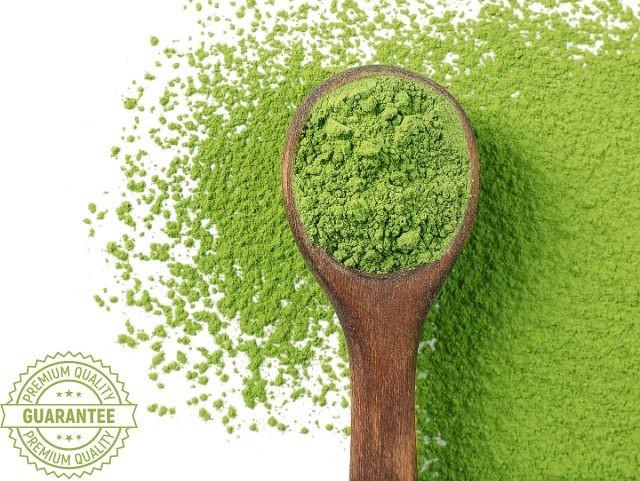
Matcha green tea is derived from the same plant as regular green tea, but the cultivation process is different.
The tea plants for matcha are shade-grown for about three weeks before harvest. This process increases the chlorophyll content and enhances the amino acid profile, resulting in a brighter green color and richer flavor.
High-quality matcha contains more of the beneficial compounds, such as catechins and antioxidants, which play a role in weight loss.
Look for vibrant green matcha powder. Dull or brownish-green matcha may be of lower quality or stale.
Avoid Sugar and Cream
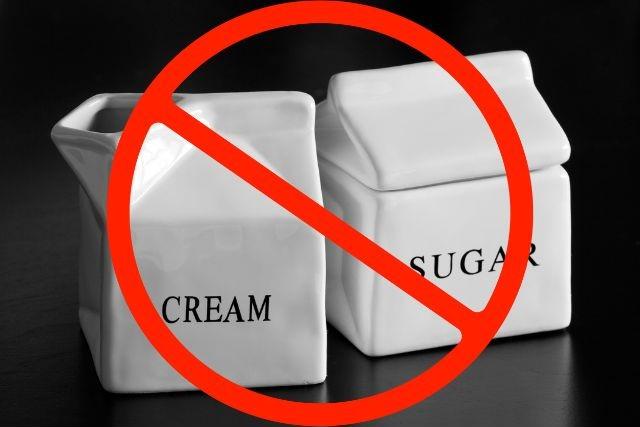
While matcha itself is low in calories and rich in antioxidants, adding sugar and cream and making a matcha latte can significantly increase the calorie content.
Excess sugar intake can lead to weight gain, insulin resistance, and other metabolic issues.
Moreover, sugar can cause a rapid spike and subsequent crash in blood sugar levels, leading to increased hunger and potential overeating.
If you need to sweeten your matcha, consider natural sweeteners like stevia or honey in moderation. For a creamier texture, opt for low-calorie alternatives like almond or oat milk.
Also read: Is Chai Tea Good for Weight Loss?
Combine with a Balanced Diet

Matcha can boost metabolism and fat burning, but it’s not a magic potion. Weight loss is a result of a caloric deficit, where you burn more calories than you consume.
While matcha can aid in increasing calorie burn, it’s essential to also focus on the intake side of the equation.
A balanced diet ensures you get all the necessary nutrients without consuming excess calories.
Incorporate a variety of fruits, vegetables, lean proteins, and whole grains into your diet. Stay hydrated and monitor portion sizes.
Brew it Right
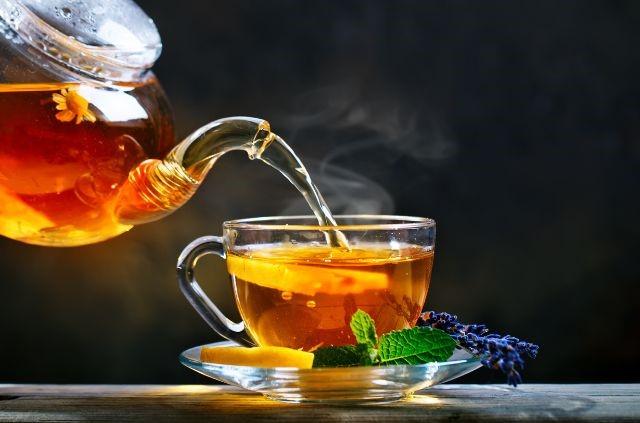
The temperature and brewing method can impact the efficacy of the beneficial compounds in matcha. Boiling water can degrade the catechins – the antioxidants in green tea linked to its weight loss benefits.
Catechins help in burning fat cells and reduce the formation of new fat cells. They also play a role in regulating blood sugar, reducing the risk of insulin spikes that can lead to fat storage.
Use water that’s just below boiling point (around 175°F or 80°C) to prepare matcha tea. Whisk the matcha powder in a zigzag motion until it’s frothy to ensure it’s well-mixed and aerated.
Also read: Best Time to Drink Kombucha for Weight Loss
Drink Matcha Before Workouts

Matcha contains a specific type of caffeine known as theophylline, which is released slowly into the bloodstream.
This provides a sustained energy boost without the jitters or rapid heart rate associated with other caffeine sources. This energy can enhance workout performance.
Additionally, the catechins in matcha can increase the rate at which the body burns calories during and after exercise.
Consume a cup of matcha green tea 30 minutes before your workout for an energy boost and enhanced fat burning.
Also read: Is Lipton Green Tea Good for Weight Loss?
Possible Side Effects and Matcha Tea
Caffeine Overdose
Matcha green tea powder contains a higher concentration of caffeine compared to regular green tea.
This is because matcha is made from ground whole tea leaves, meaning you consume the entire leaf and all its caffeine content.
A typical serving of matcha can contain anywhere from 30 to 70 mg of caffeine, depending on how it’s prepared.
While caffeine has its benefits, such as increased alertness and improved mood, excessive intake can lead to negative side effects.
Overconsumption of caffeine can result in restlessness, insomnia, headaches, dizziness, fast heartbeat, and even digestive issues.
It’s also worth noting that individuals have varying levels of caffeine sensitivity, so what might be an excessive amount for one person might be tolerable for another.
Interactions with Medication
The compounds in matcha, especially the catechins, can interact with certain medications.
Catechins can affect liver enzymes responsible for drug metabolism, potentially altering the effectiveness of medications.
Consuming matcha while on certain medications can either amplify or diminish the drug’s effects. For instance, due to its caffeine content, matcha might increase the side effects of stimulant drugs.
It’s always essential to consult with a healthcare professional if you’re on medication and considering adding matcha to your routine.
Digestive Issues
Drinking matcha on an empty stomach, especially for those not accustomed to it, can sometimes lead to stomach upset.
The high levels of catechins in matcha can increase stomach acid production, which can lead to nausea or a feeling of discomfort.
Some people might experience stomachaches, nausea, or diarrhea after consuming matcha, especially if taken on an empty stomach.
It’s advisable to start with a smaller serving and see how your body reacts, or consider drinking matcha after meals if you’re prone to stomach sensitivity.
Heavy Metal Contamination
Like other teas and plants, green tea extract can sometimes contain traces of heavy metals like lead.
The tea plant can absorb lead from the environment, especially if grown in areas with high pollution or contaminated soil.
Since matcha involves consuming the whole leaf, there’s a potential for higher lead intake compared to regular green tea where the leaves are discarded.
Chronic exposure to high levels of heavy metals can lead to various health issues, including neurological problems and digestive disorders.
It’s crucial to source matcha from reputable suppliers and regions known for clean cultivation practices.
Risk of Excessive Vitamin K
A common serving size of matcha green tea (1 gram or 1/2 teaspoon) may contain more than 10% of the recommended daily intake of vitamin K.
While vitamin K is essential for blood clotting, excessive amounts can interfere with blood-thinning medications like warfarin.
If you are on blood-thinning medications, excessive vitamin K intake can reduce the drug’s effectiveness, increasing the risk of blood clots.
It is best to monitor your matcha intake and consult with your doctor first if on such medications.
Also read: Best Energy Drink for Weight Loss
Conclusion
Whether you drink matcha green tea in the morning, pre-workout, or between meals, all of these times can aid your weight loss journey in some way.
My only suggestion is to avoid matcha at night because it contains caffeine, which may keep your brain stimulated, making it hard to fall asleep.
The final point to remember is that matcha tea alone will not help you lose weight. It should be combined with a balanced diet, an active lifestyle, and a good night’s sleep.
FAQ
Does matcha burn belly fat?
No matcha does not burn. While matcha can boost metabolism and aid in overall weight loss, no food or drink can directly target and burn belly fat.
How many times a day should I drink Matcha tea for weight loss?
Twice a day, preferably in the morning and before exercise, based on evidence suggesting it can boost metabolism and enhance workout performance.
Is it better to drink matcha in the morning or at night?
It’s better in the morning. You should avoid it at night because its caffeine content can disrupt sleep patterns.
